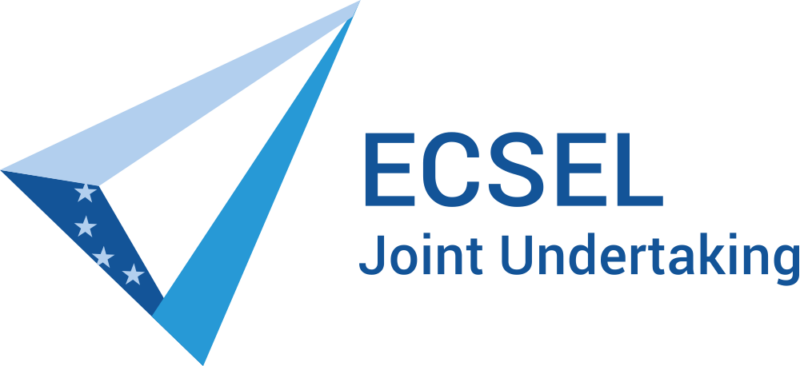Current Challenges of AI Standardisation in the Digitising Industry
Ovidiu Vermesan, Marcello Coppola, Reiner John, Cristina De Luca, Roy Bahr, Giulio Urlini
Abstract: The digital transformation of industrial sectors is highly dynamic, and stan- dardisation plays an essential role in achieving the objectives set for this transformation. In this context, AI standardisation efforts and industry AI efforts are intertwined. Industrial AI applications rely on standardisation to build and sustain trust in industrial AI. Conversely, standardisation relies on industrial AI applications to play an important role in forming emerging AI standards. Although the challenges involved differ from those of similar processes in the consumer market, AI standardisation a lever for the indus- try’s digitalisation journey. This article provides an overview of the role of AI standardisation in digitising industry and the related objectives, while presenting several requirements and challenges impacting standardisation. Furthermore, it summarises the AI standards landscape and activities within Standards Development Organisations (SDOs), outlines industrial stakehold- ers’ approaches, and provides recommendations for an AI standardisation roadmap (in which the industry should focus on AI standards work). Its con- cluding remarks relate to AI standardisation activities, priorities in industrial environments, and certification efforts to conceptualise new approaches to conformance and acceptance criteria.
Current Challenges of AI Standardisation in the Digitising Industry




